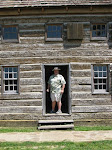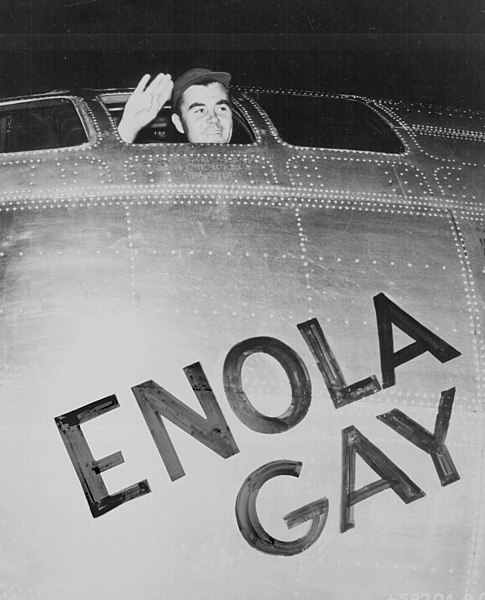The Woodstock festival began on this date in 1969. It attracted an audience estimated at 400,000 - twice what the promoters expected - with more than 35 of the leading or up-an-coming musical attractions of the day. Joni Mitchell didn't appear as scheduled but she penned a perfect description of the event, one that Crosby, Stills, Nash, and Young would bring alive as a #1 hit that still captures an audience.
And I asked him tell where are you going, this he told me:
Said, I'm going down to Yasgur's farm, going to join in a rock and roll band.
Got to get back to the land, set my soul free.
We are stardust, we are golden, we are billion year old carbon,
And we got to get ourselves back to the garden.
Well, then can I walk beside you? I have come to lose the smog.
And I feel like I'm a cog in something turning.
And maybe it's the time of year, yes, and maybe it's the time of man.
And I don't know who I am but life is for learning.
We are stardust, we are golden, we are billion year old carbon,
And we got to get ourselves back to the garden.
By the time we got to Woodstock, we were half a million strong,
And everywhere was song and a celebration.
And I dreamed I saw the bombers jet planes riding shotgun in the sky,
Turning into butterflies above our nation.
We are stardust, we are golden, we are caught in the devil's bargain,
And we got to get ourselves back to the garden.

Sources
Photos and Illustrations:
wikipedia.com
Text:
All quotations:
woodstockpreservation.org/SignificanceStatement.htm
azlyrics.com






